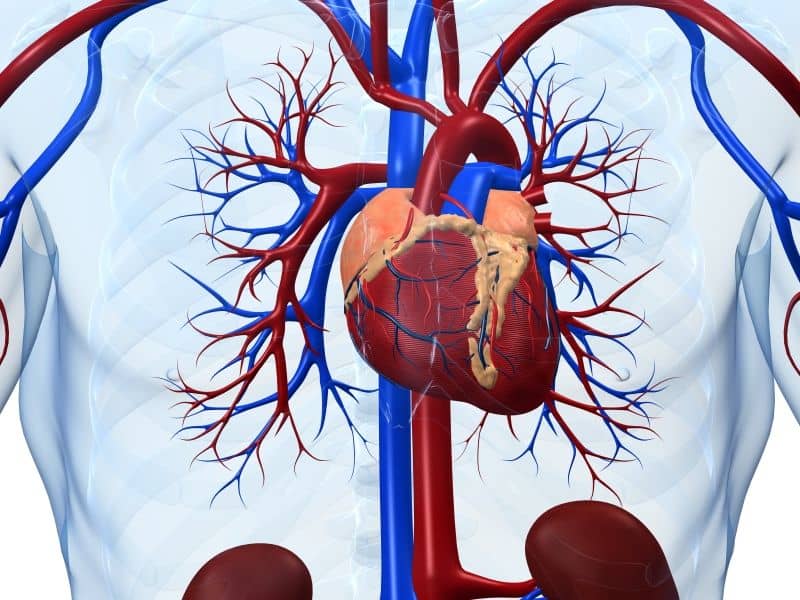Atrial fibrillation (AF) is associated with significantly impaired quality-of-life. Iron deficiency (ID) is prevalent in patients with AF. Correction of ID in other patient populations with intravenous iron supplementation has been shown to be a safe, convenient and effective way of improving exercise tolerance, fatigue and quality-of-life. The IRON-AF (Effect of Iron Repletion in Atrial Fibrillation) study is designed to assess the effect of iron repletion with intravenous ferric carboxymaltose in patients with AF and ID.
The IRON-AF study is a double-blind, randomised controlled trial that will recruit at least 84 patients with AF and ID. Patients will be randomised to receive infusions of either ferric carboxymaltose or placebo, given in repletion and then maintenance doses. The study will have follow-up visits at weeks 4, 8 and 12. The primary endpoint is change in peak oxygen uptake from baseline to week 12, as measured by cardiopulmonary exercise testing (CPET) on a cycle ergometer. Secondary endpoints include changes in quality-of-life and AF disease burden scores, blood parameters, other CPET parameters, transthoracic echocardiogram parameters, 6-minute walk test distance, 7-day Holter/Event monitor burden of AF, health resource utilisation and mortality.
The study protocol has been approved by the Central Adelaide Local Health Network Human Research Ethics Committee, Australia. The results of this study will be disseminated through publications in peer-reviewed journals and conference presentations.
Australian New Zealand Clinical Trials Registry (ACTRN12620000285954).
© Author(s) (or their employer(s)) 2021. Re-use permitted under CC BY-NC. No commercial re-use. See rights and permissions. Published by BMJ.
Rationale and design of the IRON-AF study: a double-blind, randomised, placebo-controlled study to assess the effect of intravenous ferric carboxymaltose in patients with atrial fibrillation and iron deficiency.


